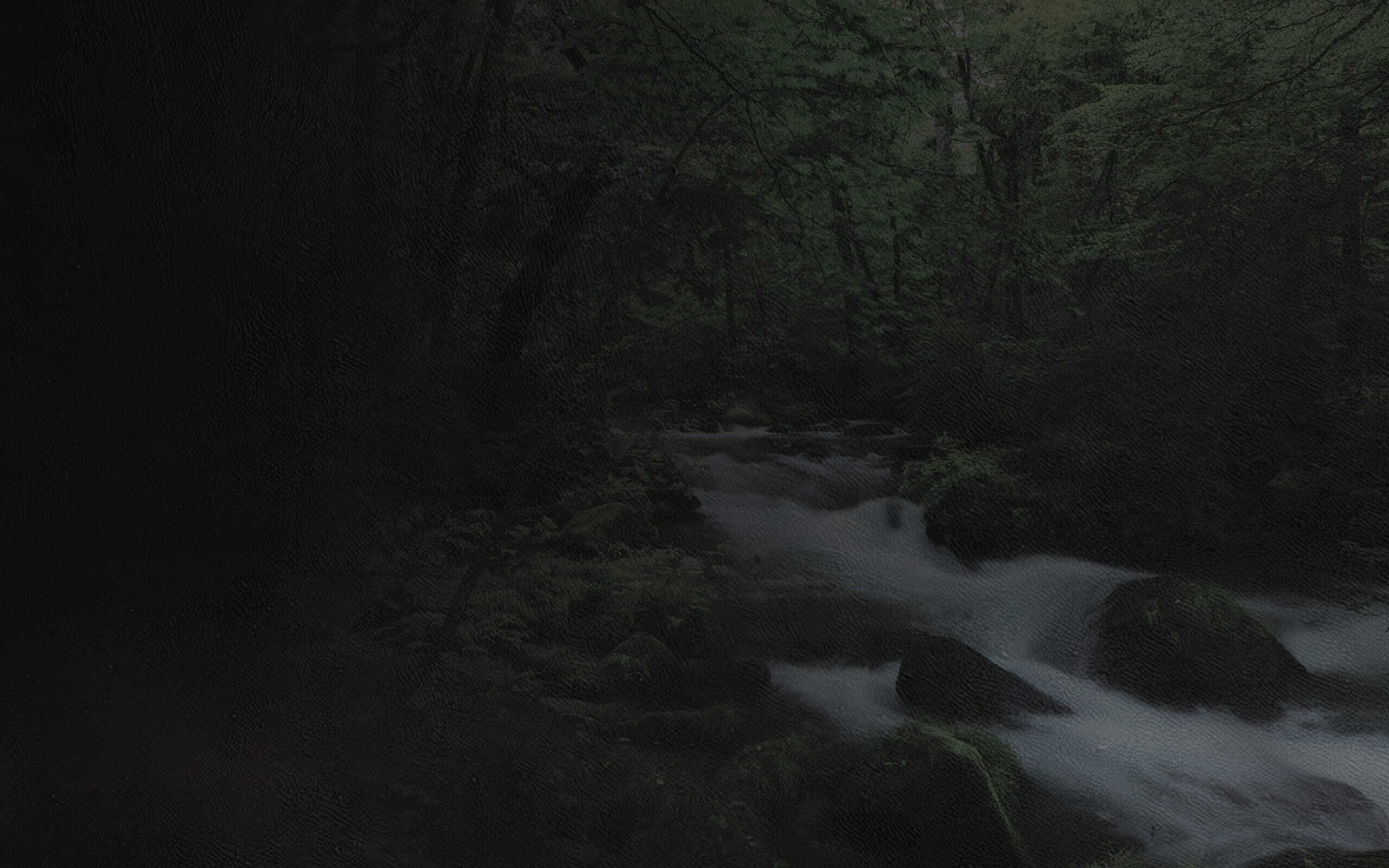
Brand Story


Have you heard of honkaku shochu—single distillation shochu?
To understand honkaku shochu, one must first appreciate the story of sake.
Crafted from high-quality water and rice—the staple of the Japanese diet—sake has been brewed using koji for over 2,000 years.
Building on this time-honored koji-based brewing tradition⋆¹,
Japan has been distilling its own unique spirit for over 500 years. That spirit is honkaku shochu.
Have you heard of honkaku shochu—single distillation shochu?
To understand honkaku shochu, one must first appreciate the story of sake.
Crafted from high-quality water and rice—the staple of the Japanese diet—sake has been brewed using koji for over 2,000 years.
Building on this time-honored koji-based brewing tradition⋆¹,
Japan has been distilling its own unique spirit for over 500 years. That spirit is honkaku shochu.
⋆¹ In December 2024, traditional Japanese brewing methods that use koji—including those for sake, honkaku shochu, and awamori—were inscribed on the UNESCO Intangible Cultural Heritage list.
Our History

Sanwa Shurui is a comprehensive brewing company that has long brewed sake in Kyushu, located in southwestern Japan.
Building on Japan’s traditional fermentation techniques that use koji mold—recognized as Japan’s national fungus⋆²—we have carried this heritage forward into the crafting of honkaku shochu.
Our honkaku shochu is made using only the finest ingredients: carefully selected barley and barley koji, our own cultivated yeast, and pure, naturally sourced spring water.
Our flagship brand, iichiko, is beloved across Japan as a smooth, easy-to-drink honkaku shochu that never tires the palate—a true best-seller.
⋆² In October 2006, koji mold (Aspergillus oryzae), a microorganism unique to Japan, was officially designated as Japan’s national fungus by the Brewing Society of Japan.
Bringing New Flavor
to Cocktails with WA-SPIRITS
Drawing on the expertise we’ve cultivated through our honkaku shochu brand iichiko, we created WA-SPIRITS—a higher-proof distilled spirit designed to deliver the unique flavor of koji and a rich, full-bodied taste.
Crafted to be enjoyed simply with soda or as a versatile base for new and original cocktails, WA-SPIRITS brings fresh character and depth to every glass.

-
Unpolished Barley
Polished Barley
Polishing the Barley
High-quality barley is finely polished,
removing nearly 40% of the outer layer. -
Koji Mold
Koji making
Steamed barley is inoculated
with koji mold (Japan’s national fungus)
to produce barley koji. -
Parallel Multiple Fermentation
Ingredients are combined in a single tank for
alcoholic fermentation, forming the mash. -
Atmospheric
DistillationVacuum
DistillationDistillation
The mash is distilled only once using single distillation,
preserving the rich flavors of the ingredients.
Two distillation methods are used to
create distinct flavor profiles. -
Storage & Maturation
The distilled spirit is slowly matured
in tanks or barrels,
developing a rich and complex flavor profile. -
Blending
Spirits with unique characteristics
from different distillation and maturing
methods are expertly blended to create
a high-proof spirit,
perfectly suited as a cocktail base.
The enzymes from koji mold break down starch into sugars, while yeast ferments those sugars into alcohol. Carrying out both processes simultaneously in a single tank is a technique known as parallel multiple fermentation—a fermentation method unique to Japan, developed through centuries of sake brewing.
When the resulting moromi (fermentation mash, starter) is distilled, it becomes the base spirit of WA-SPIRITS—an evolved form of honkaku shochu.
Another key feature is the use of single distillation.
Unlike other spirits that are distilled multiple times, this method preserves the original flavor and aroma of the ingredients in the resulting base spirit.
We carefully apply two different distillation methods depending on the desired character: atmospheric distillation and vacuum distillation.
In atmospheric distillation, the moromi is boiled at 90–100℃ under normal pressure, which draws out aromatic compounds and produces a bold, full-bodied spirit rich in the flavor of its ingredients.
In contrast, vacuum distillation boils the moromi at a much lower temperature—40–50℃—by reducing the pressure.
This gentler process results in a cleaner, more delicate spirit with refined aromas.










.png?width=846&height=1058&name=kv02%20(2).png)



.png?width=371&height=400&name=kv02%20(2).png)